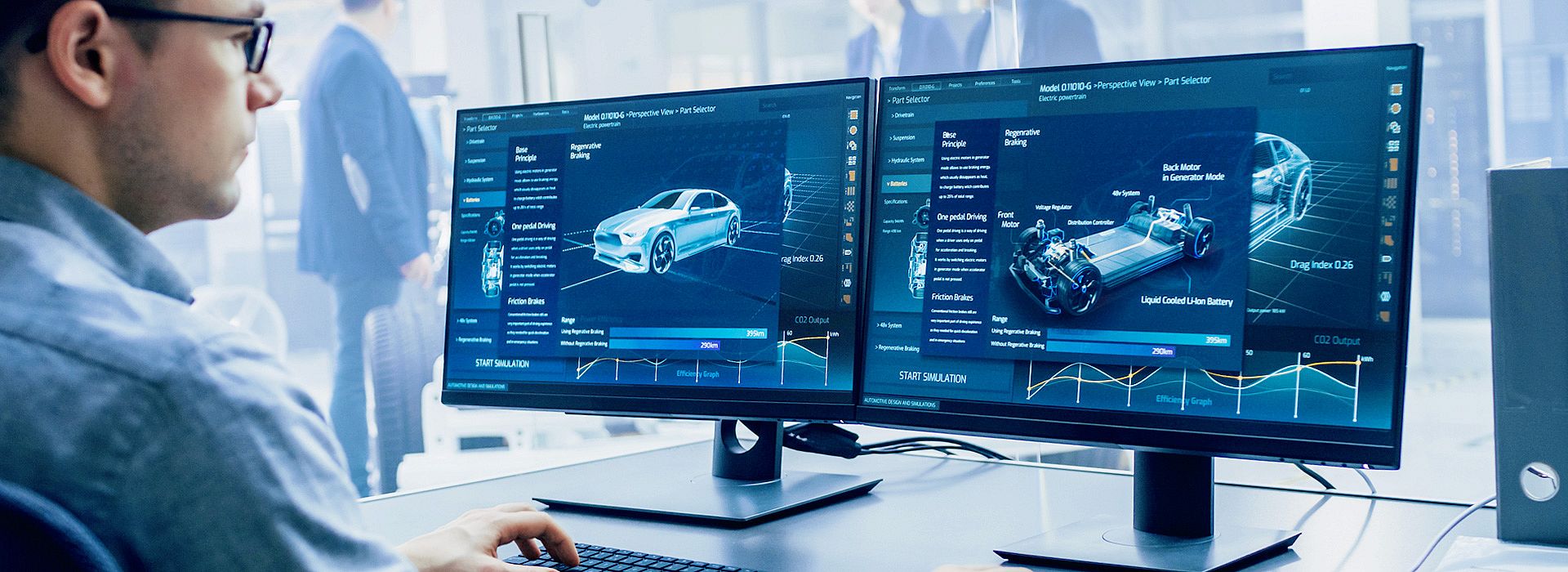
Workshop Model-based Systems Engineering: basics and potentials
The course offers a practical insight into model-based systems engineering (MBSE). Using a continuous open-source application example from the automotive industry, it shows how abstraction in models can be used to overcome the complexity in the development of safety-critical systems.
Applying the SPES methodology presents an efficient approach that enables design and validation activities to be supported at an early stage by computer-aided analyses using semantically rich models. This can reduce costs and avoid project delays.
The selected methods and concepts will be presented interactively during the course using concrete case studies in the fortiss Mobility Lab. Participants can actively apply the course content and work out the individual potential for their context in the automotive industry.
The training takes place as part of the TASTE Transformation Hub, which is funded by the Federal Ministry for Economic Affairs and Climate Action (BMWK).
| Time | Title |
|---|---|
| 09:00 - 09:15 h | Welcome |
| 09:15 - 09:35 h | Basics and potentials of MBSE |
| 09:35 - 10:15 h | Modeling principles and approaches |
| 10:15 - 10:30 h | Coffee break |
| 10:30 - 11:30 h | Hands-on modeling of distributed software architectures |
| 11:30 - 12:15 h | Engineering of system architectures and hands-on: Manual deployment of software on hardware |
| 12:15 - 13:15 h | Lunch break |
| 13:15 - 14:30 h | Hands-on: Automatic deployment of software on hardware |
| 14:30 - 14:45 h | Coffee break |
| 14:45 - 15:45 h | Quality Assessments of system engineering models |
| 15:45 - 16:15 h | Consistency management for heterogenous models |
| 16:15 - 16:45 h | Engineering of product lines |
| 16:45 - 17:00 h | Potentials in your own company, discussion, feedback |